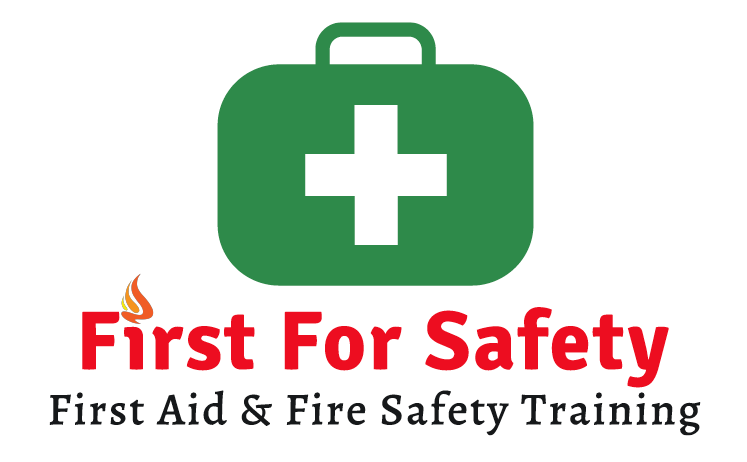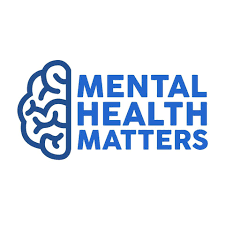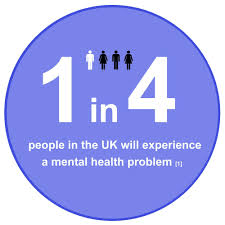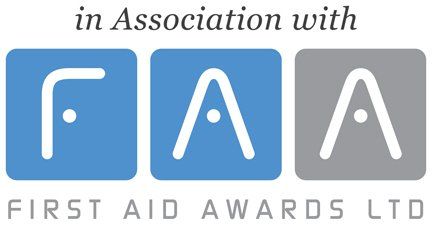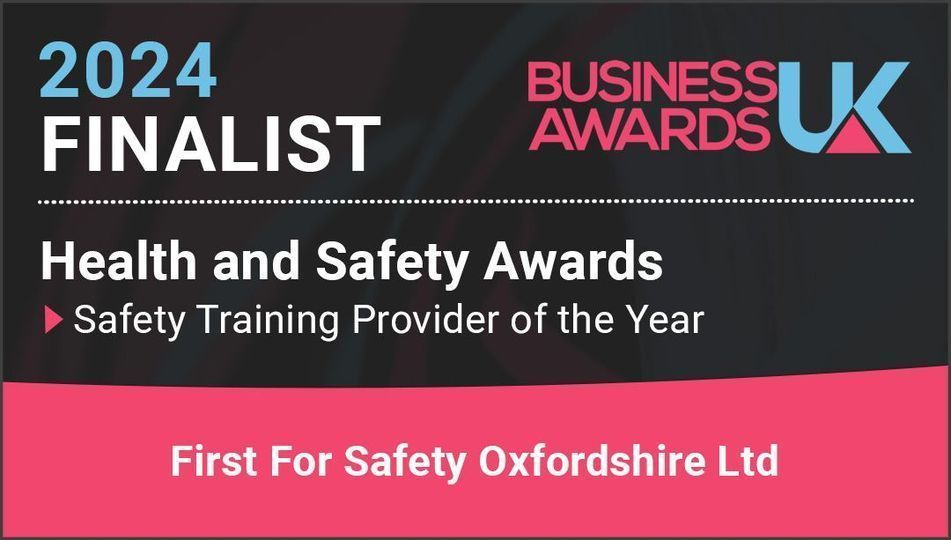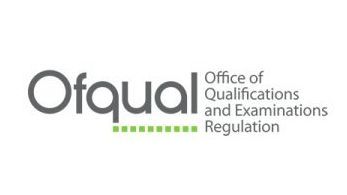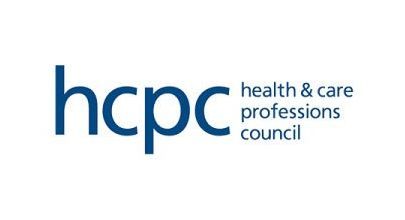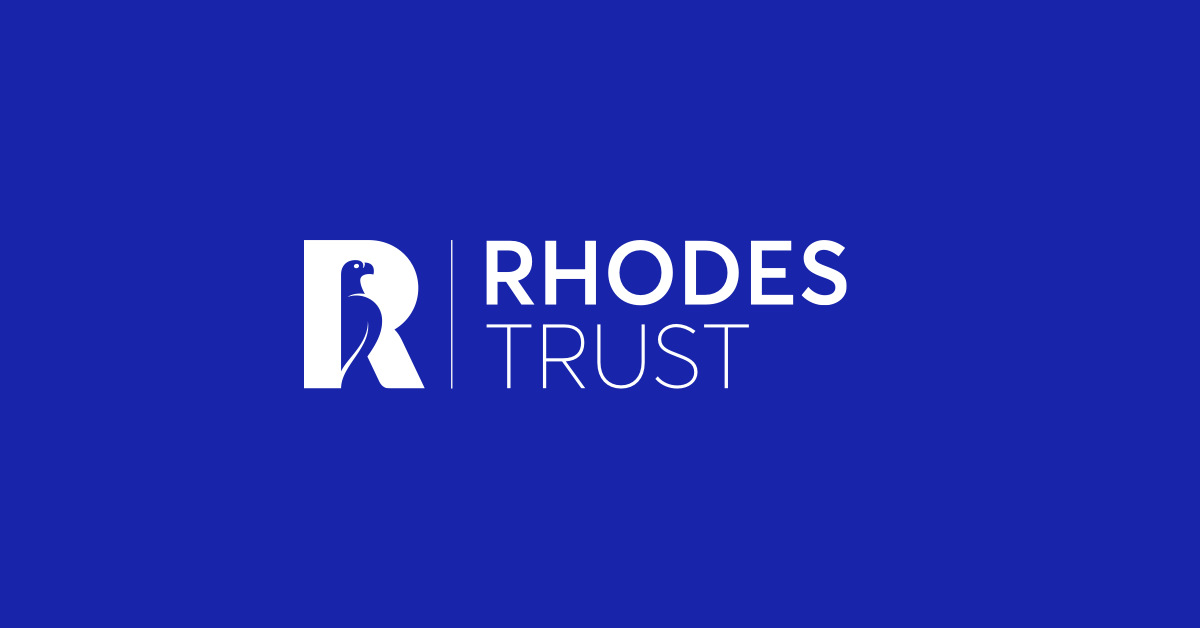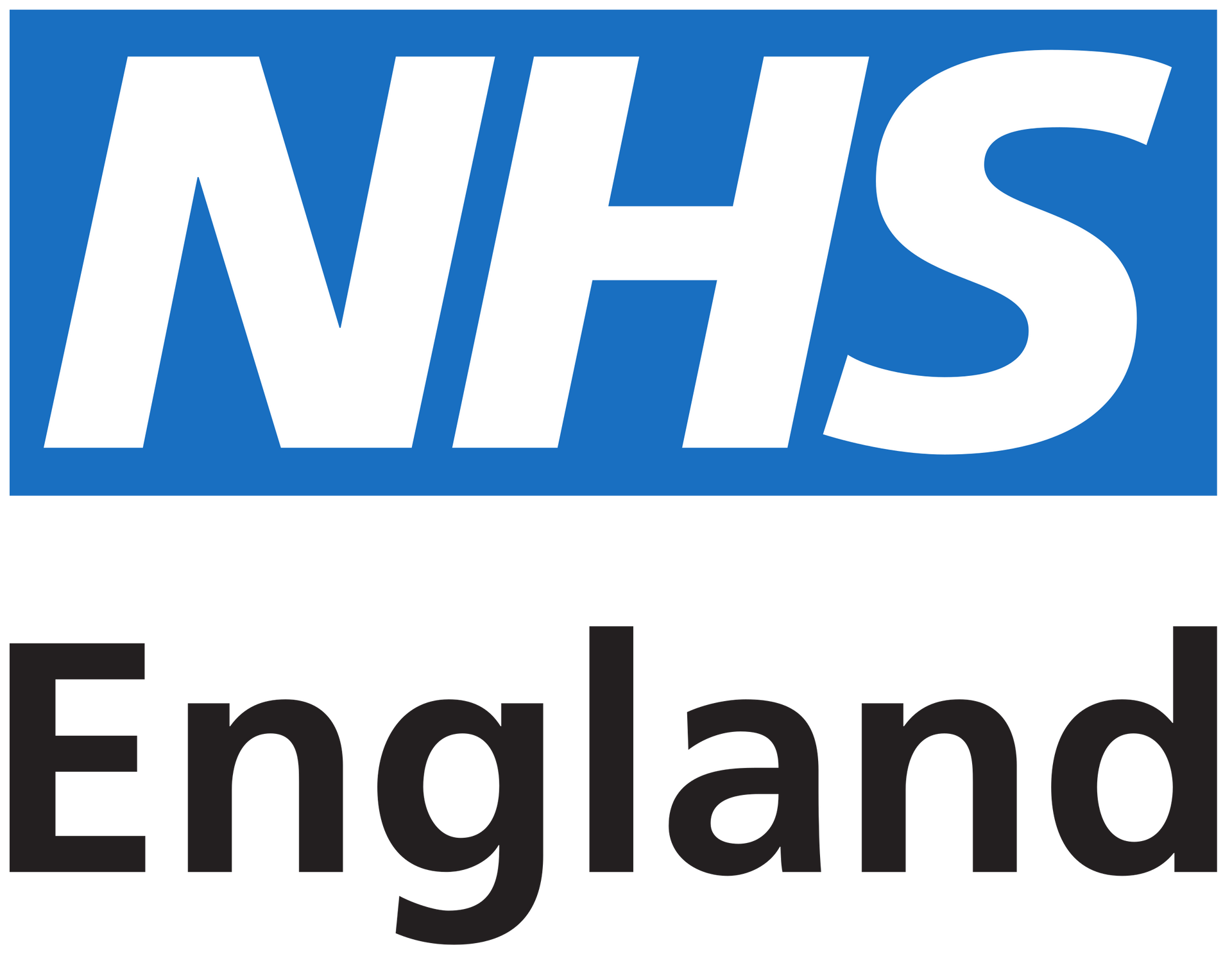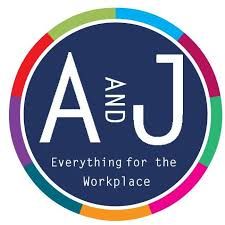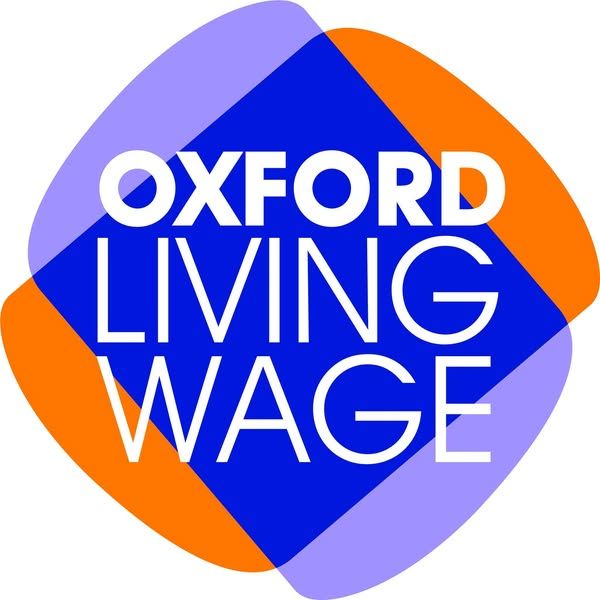
Mental Health Training in Oxfordshire
Nurse Instructor
Mental Health Matters!
Mental health problems affect around 25% of us in any given year & there may not always be an obvious cause. Issues range from common problems such as depression & anxiety to more rare disorders including PTSD, schizophrenia & bipolar. Mental health is no different from physical health, everybody has it & we all need to take care of it. Mental health problems account for the third biggest cause of absence in the workplace. In 2014-15, stress accounted for 35% of all work-related ill-health cases & 43% of all working days lost due to ill health (HSE, 2015).
Poor mental health also causes 1.5 times more lost productivity than absences (Centre for MH, 2010). The financial cost is huge: Mental health associated absences cost UK employers an estimated £26 billion a year, which equates to an average of more than £1,000 per employee (Centre for MH, 2007).
Despite all the good work that’s being done to normalise conversations around mental health, stigma still exists, making it hard for employees to talk openly about their mental wellbeing. It’s vital that more is done to encourage discussions about mental health, between colleagues & also between staff & their managers.
Mental health first aid (MHFA) is the mental health equivalent of a physical first-aid course. By providing participants with the skills & confidence to recognise the signs & symptoms of common mental health issues. A mental health first aider can effectively guide a person towards the right support. Workplaces need to make adequate provision for employees who are experiencing mental health issues so that they feel able to seek support if & when they need it.
First For Safety Oxfordshire Ltd offers the below 2 options in Accredited Mental Health First Aid Courses for businesses & we come to you on a date & time to best suit your needs. Our lovely Instructor Amy is a qualified & extremely experienced Nurse & Mental Health Trainer. Amy is super friendly & has a wonderful, calming disposition. Amy will ensure to make your training upbeat & interactive. Get in touch today for availability.
L2 First Aid for Mental Health - 1 day (6 hr max)
Min booking 8 learners, max 16
£69 pp reducing to £35 pp + VAT
Cost: £69 pp + VAT for min booking of 8 learners. Additional learners, up to max 16 are charged at the reduced rate of £35 pp + VAT.
This course is suitable for everyone but has been designed to help employers to provide a positive mental health culture within the workplace and to provide learners with comprehensive knowledge on a range of the most common mental health conditions and the skills to be able to act should a condition be suspected.
Learners undertaking this course will be considered First Aiders for Mental Health and be a point of contact within the workplace to help and support those with a suspected mental health condition.
This course introduces the First Aid for Mental Health Action Plan which allows learners to provide their peers with comprehensive guidance and support for a suspected mental health condition. Learners will be able to provide signposting to professional help and support that person whilst they are receiving professional assistance.
This course also covers the effects of drugs and alcohol and provides learners with the skills and knowledge to assist employers in implementing a positive mental health culture to support employees within a workplace.
A range of subjects are covered, including:
- What is First Aid for Mental Health?
- Identifying mental health conditions
- Providing advice and starting a conversation
- Drugs and alcohol
- First Aid for Mental Health action plan
- First Aid for Mental Health in the workplace
Certification - Valid for 3 yrs:
Upon successful completion of the qualification assessment, Learners will be awarded the Ofqual regulated Level 2 Award in First Aid for Mental Health. This qualification is valid for three years from the date of achievement. The learner will need to complete the full course again to requalify for a further three years.
Assessment process
The qualification is assessed through both a practical demonstration of the First Aid for Mental Health Action Plan and a multiple-choice question paper. A Level 2 Award in First Aid for Mental Health will be issued to the learner, subject to successful assessment. No external assessors are required.

L3 Supervising First Aid for Mental Health - 2 Days (12 hr max)
Min booking 8 learners, max 16
£180 pp reducing to £48 pp + VAT
Cost: £180 pp + VAT for min booking of 8 learners. Additional learners, up to max 16, are charged at the reduced rate of £48 pp + VAT.
This course builds on the Level 2 Award in First Aid for Mental Health and covers a wider range of mental health conditions and goes into detail on the range of therapy and professional support that a person may be given by professional bodies during treatment for a mental health condition.
The course is suitable for all persons within a workplace, but is aimed at those who hold a supervisory/managerial level position and who have responsibility for implementing a positive mental health culture and responsibility for First Aid for Mental Health within an organisation.
A range of subjects are covered, including:
- What is First Aid for Mental Health?
- Identifying mental health conditions
- Providing advice and starting a conversation
- Drugs and alcohol
- First Aid for Mental Health action plan
- First Aid for Mental Health in the Workplace
- A large range of Mental Health conditions covered in detail
Certification - Valid for 3yrs:
Upon successful completion of the qualification assessment, Learners will be awarded the Ofqual regulated Level 3 Award in Supervising First Aid for Mental Health. This qualification is valid for three years from the date of achievement. The learner will need to complete the full course again to requalify for a further three years.
Assessment process:
Summative practical assessment is ongoing by the instructor each day, along with a written assessment on each day. A Level 3 Award in Supervising First Aid for Mental Health will be issued to the learner, subject to successful assessment. No external assessors are required.
The key thing to look out for when it comes to mental ill-health is changes in an employee’s usual behaviour, such as unusual irritability or tearfulness, sudden loss of confidence, or increased sickness absence. Noticing changes in the behaviour of an employee may be the first sign of recognising a mental health issue, which is the first step in accessing the support needed to recover, thus reducing sickness.
NEW!! - 3hr First Aid for Mental Health Awareness Course
Min booking 6 learners, max 16
£40 pp reducing to £25pp + VAT
Cost: £40 pp + VAT for min booking of 6 learners. Additional learners, up to max 16 are charged at the reduced rate of £25 pp + VAT.
At First For Safety Oxfordshire, we've identified that not everyone wants, or can afford the time, to attend a full-day course but they are still keen to have a better Mental Health Awareness, not necessarily at work but in their personal life too. So our specialist Nurse & First Aid for Mental Health Trainer has specifically designed this 3hr course to appeal to more people. This non-accredited, 3 hr course is suitable for everyone from adolescents onwards & has been created to help people better understand Mental Health Matters. It includes how to recognise & help people that might be struggling but also focuses on keeping mentally healthy on an everyday basis.
3hr Course Content includes:
- What is Mental Health?
- What is First Aid for Mental Health?
- Identifying mental health conditions, including depression, anxiety & self-harm
- Starting conversations & providing advice
- What is stress & how can we manage it
- Looking after your mental health & supporting others
Certificates - Online certificates of attendance included in price & emailed immediately following receipt of payment. The host will also receive a complimentary First Aid for Mental Health Manual.
We invoice after the course.
First For Safety Oxfordshire do NOT run open First Aid Courses that individuals can book onto, sorry. All our courses are private with a min booking number.
Case study: Mental Health First Aid at Wellcome
References:
